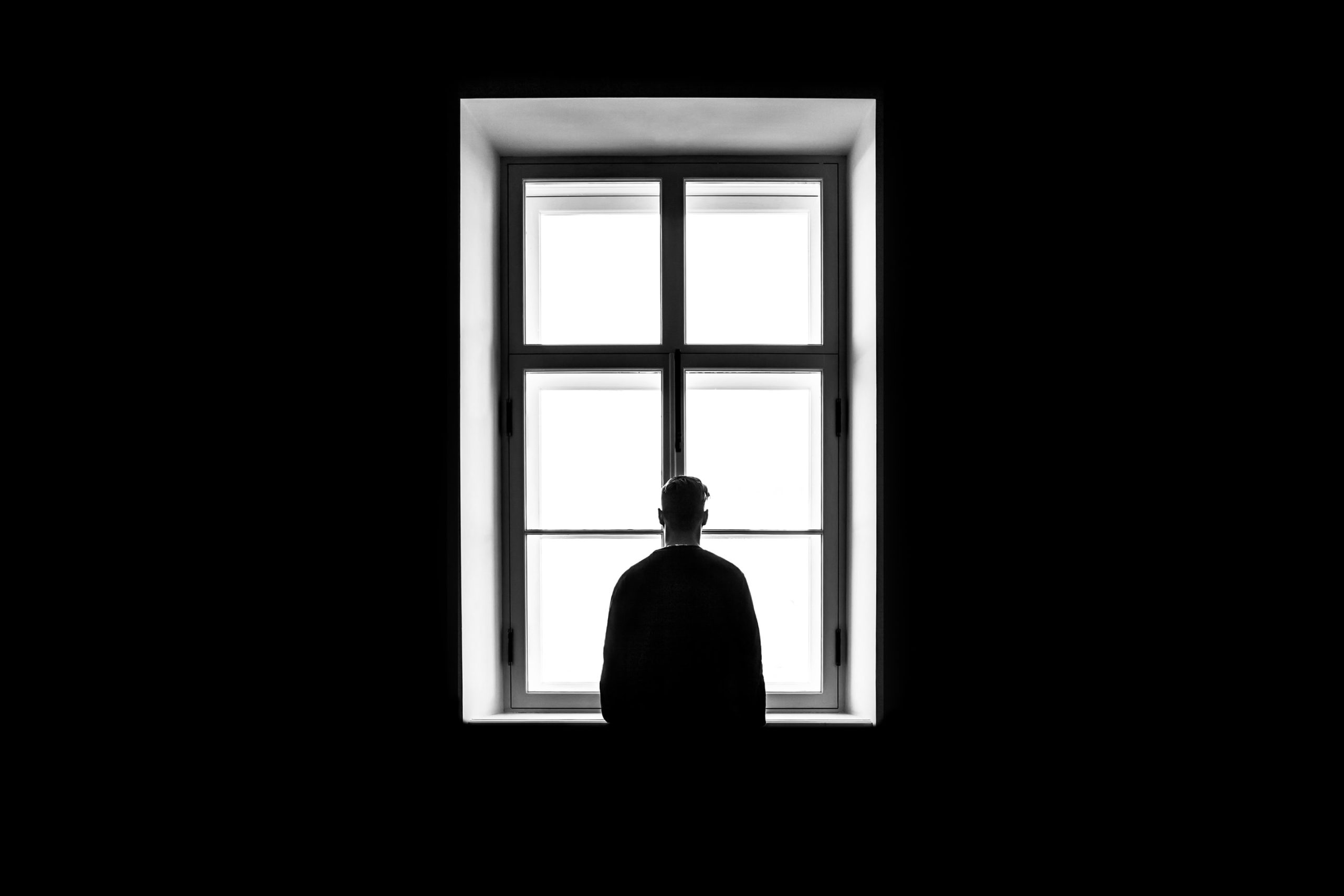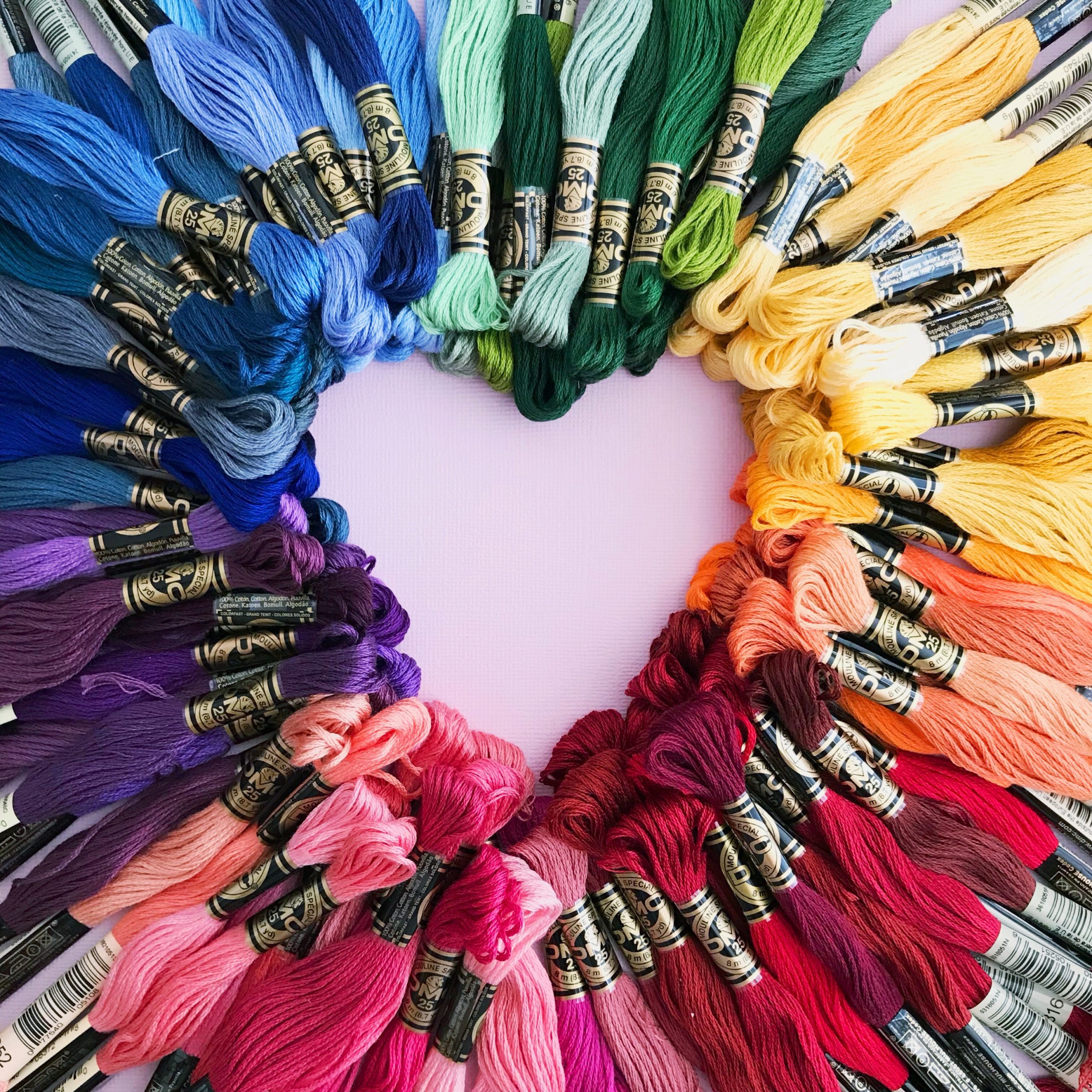
It’s okay to be broken
Lizzie Wakeling offers practical advice on learning to cope with anxiety and depression and explains how singing badly and sewing well can help put you back together again.
I have always thought of myself as a normal and happy person. I grew up in a warm and loving environment with one older sister and a house full of pets. My parents have now been married for over 40 years. They supported me in everything, always believing in me and encouraging me. Their love was unconditional.
While I will be forever grateful for this amazing start in life, the irony is that these many blessings left me ill equipped to cope with tough trials when they started to come my way.
My husband became ill two years after we got married; he lost his job 18 months after that. Then we had a family bereavement. And then building developers threatened to take us to court because they claimed our garden was on land they had just bought.
Suddenly, I had a mountain of things to worry about, and I couldn’t stop worrying! The anxiety led to depression as I became more exhausted and felt more and more worthless – worthless because I felt unable to cope with all the troubles life was throwing at me.
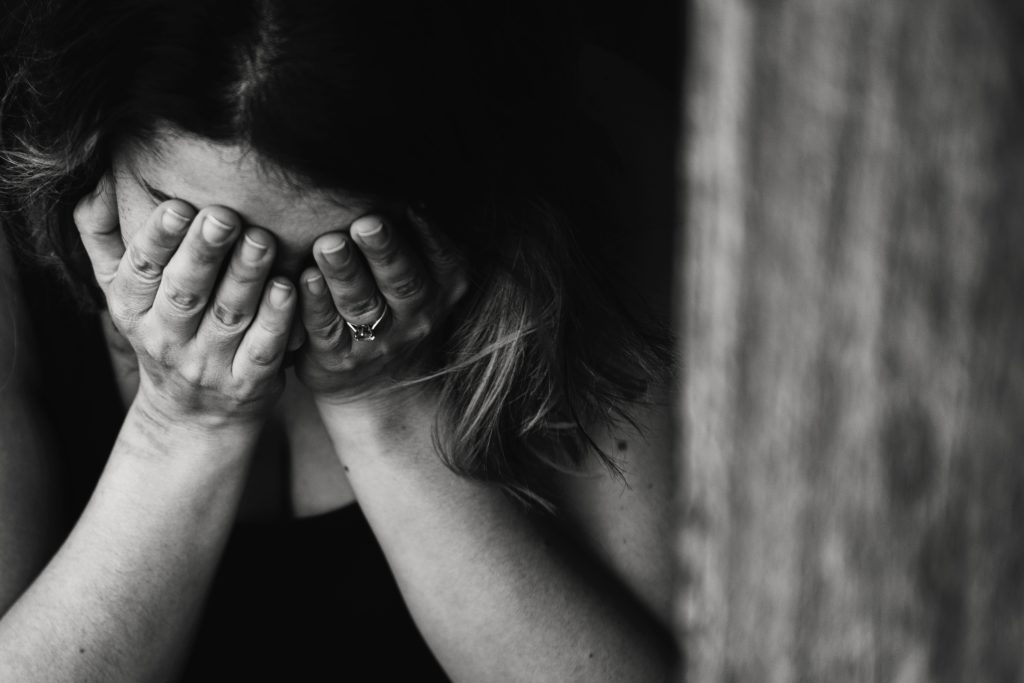
There was one other thing that made me feel like a failure (the very element which should have been my consolation!) – and that was my faith.
I would go to church and hear messages of how we should trust in God, and that if we were good Christians, we would have joy and peace. I had no joy, no peace, I was unable to trust in God. I left the church one day in the middle of the service in floods of tears, because I was so upset about what I was hearing. I was clearly a bad Christian – something else that I could add to my list of failures.
That was then. But now, after getting professional medical help, I realise that I was simply human. And being human is ok.
So, what led me to this discovery that it’s ok to be broken, in a world where we are encouraged to be perfect? Three words – Cognitive Behavioural Therapy.
CBT (to give it its hip title) is a process of self-analysis which helps you realise why you think and react in certain ways, and then gives you the tools to think and react in more productive ways.
It requires patience and commitment; it’s not a quick fix, and it can be painful. It also requires a therapist you can work with, which means learning about trust and acceptance. Sometimes you will hear things you don’t want to hear, so you need sufficient humility to listen to and reflect on their comments.
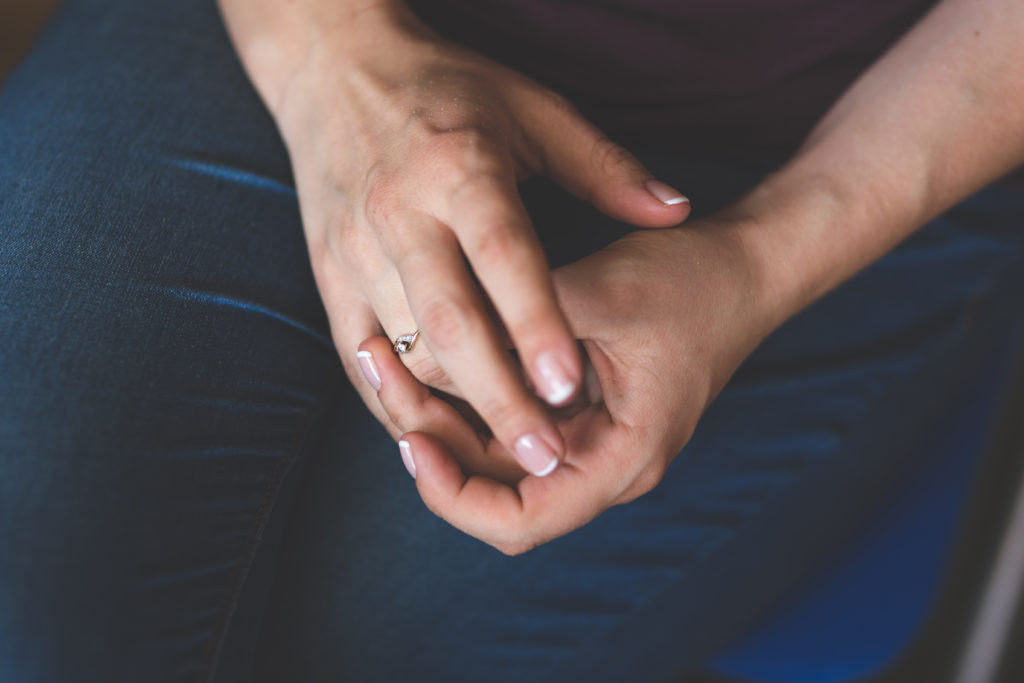
The homework is important too. There is no point sitting in an office once a week if you aren’t going to make any effort in your day-to-day life to understand what is going on in your head.
Pivotal is the need to acknowledge that perhaps the thoughts you are having are not facts – just thoughts. And then you realise that the worst-case scenario you were absolutely, completely and totally convinced was going to happen is just one tiny possibility among a myriad of many other outcomes (most of which are positive!) and is in fact incredibly unlikely.
In this way, you start to dread the future less and begin to embrace it. You dare to hope. To dream. To trust.
I would not say that I am completely better: life still has a way of challenging us, particularly at this time of international crisis, when the pandemic has completely halted our ‘normal’ way of life.
Now, however, that I can process my thoughts a little better, my Christian faith gives me more strength during this dark time. I know that God will work amidst all this madness to bring consolation to those who are grieving, hope to those who despair and rest for those who are weary. How do I know this? Because He consoled me, has given me hope, and granted me rest – even when I felt I was not good enough.
But the mental health journey does not end here.
I need to continue to be self-aware and to look after my mind. Many people talk about self-care, but I believe very few truly understand it.
When I was at my low points, I had been given advice such as ‘have a bubble bath’ or ‘go for a facial’. Can you imagine? Your mind is racing with all the possibilities of the terrible things that are going to happen to you and your loved ones – so you sit in a bath, with no distractions, and spiral into a meltdown!
My own typical ‘go to’ coping strategy was not helpful either – my phone. When my thoughts became too much, I would attempt to distract myself by playing games or scrolling through social media. But when you waste so much time doing nothing, it makes you think you’re a failure, which you can’t cope with, so you go back to the phone. Thus begins another spiral.

Again, I need to thank my therapist for helping me break this cycle. Like her predecessors (yes, I have worked with more than one therapist over the years), she suggested relaxing manicures or pedicures. But because we had established an honest and open relationship, I was able to tell her that that was a terrible idea!
So, she set about working with me to establish what would be my right kind of self-care. She knew from our conversations that I like to achieve things, and that I am also quite creative. We discussed sewing, the feel of the fabric, the smell of the sewing machine, the colours and patterns, the noise of the stitches being created. The pride in knowing you have created something.
We talked about how I love to dance, how I can get lost in the music.
About how when I sing, my lungs are freed from the anxiety that clutches at my chest – breaking the chains that are keeping me confined.
So now, for me, self-care looks like putting on headphones and dancing in the living room. I don’t care how ridiculous I look – my husband knows why I am doing it – and the dog won’t say a word. Sometimes, self-care means singing loud in the shower or the car. I am not a gifted singer, but there are times when I must make a choice. I know I am feeling overwhelmed – so even if I don’t want to, I sing – to break those chains.
And I sew. It reminds me of my wonderful childhood, and my mum always running up this dress or that skirt. It engages all my senses. So even if my brain wants to run away with thoughts, I am brought entirely into the present by the touch, smell and sound of the project. I find rest in the movement of needle and thread and the completion of the task in hand.
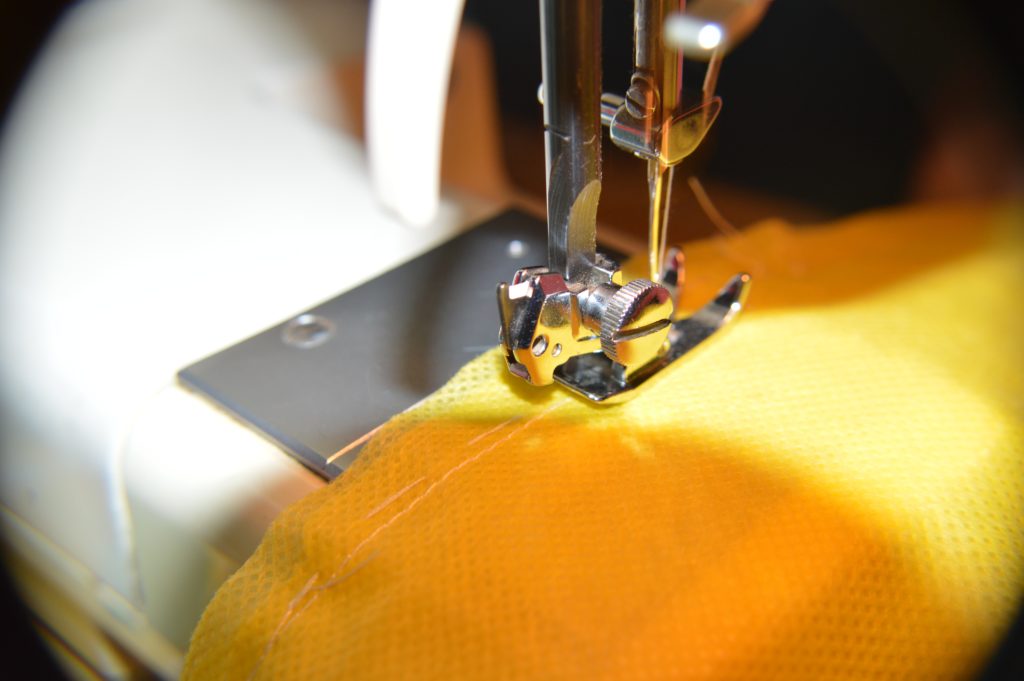
But self-care should not be selfish.
I look after myself so that I can be fully myself to those around me. Because when I am happy, they are happy too. And that increases my joy even more.
Like what you’ve read? Consider supporting the work of Adamah by making a donation and help us keep exploring life’s big (and not so big) issues!

